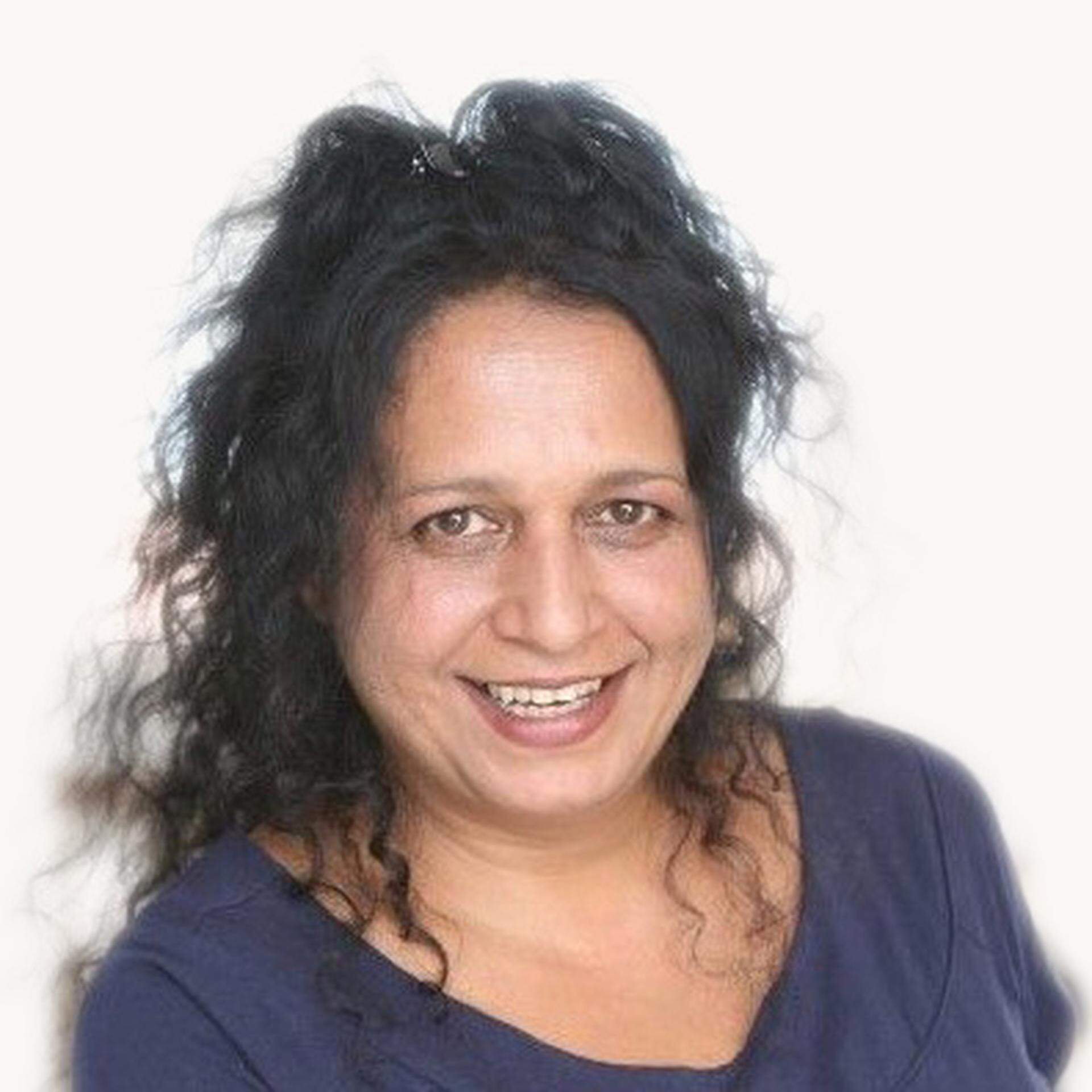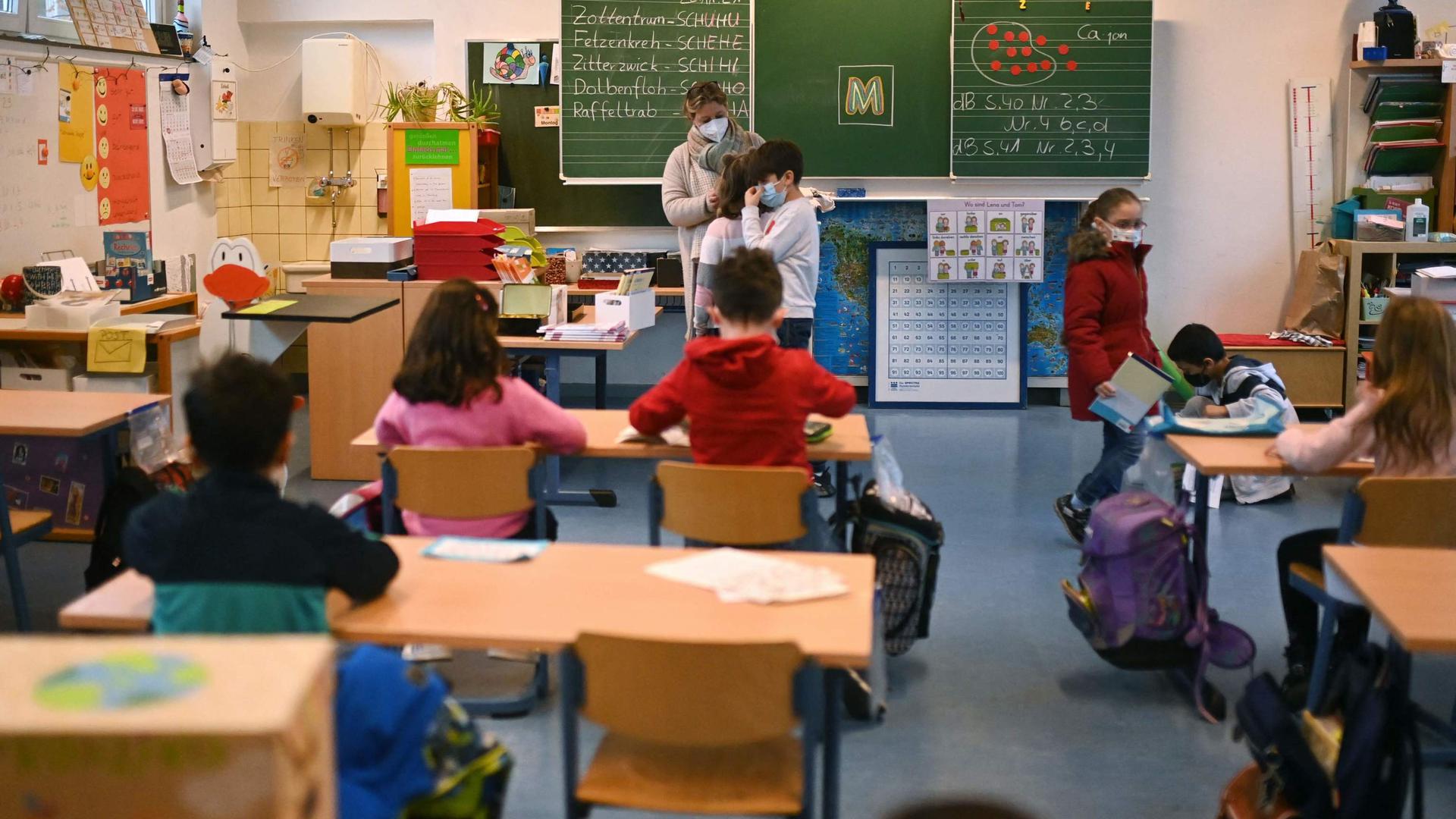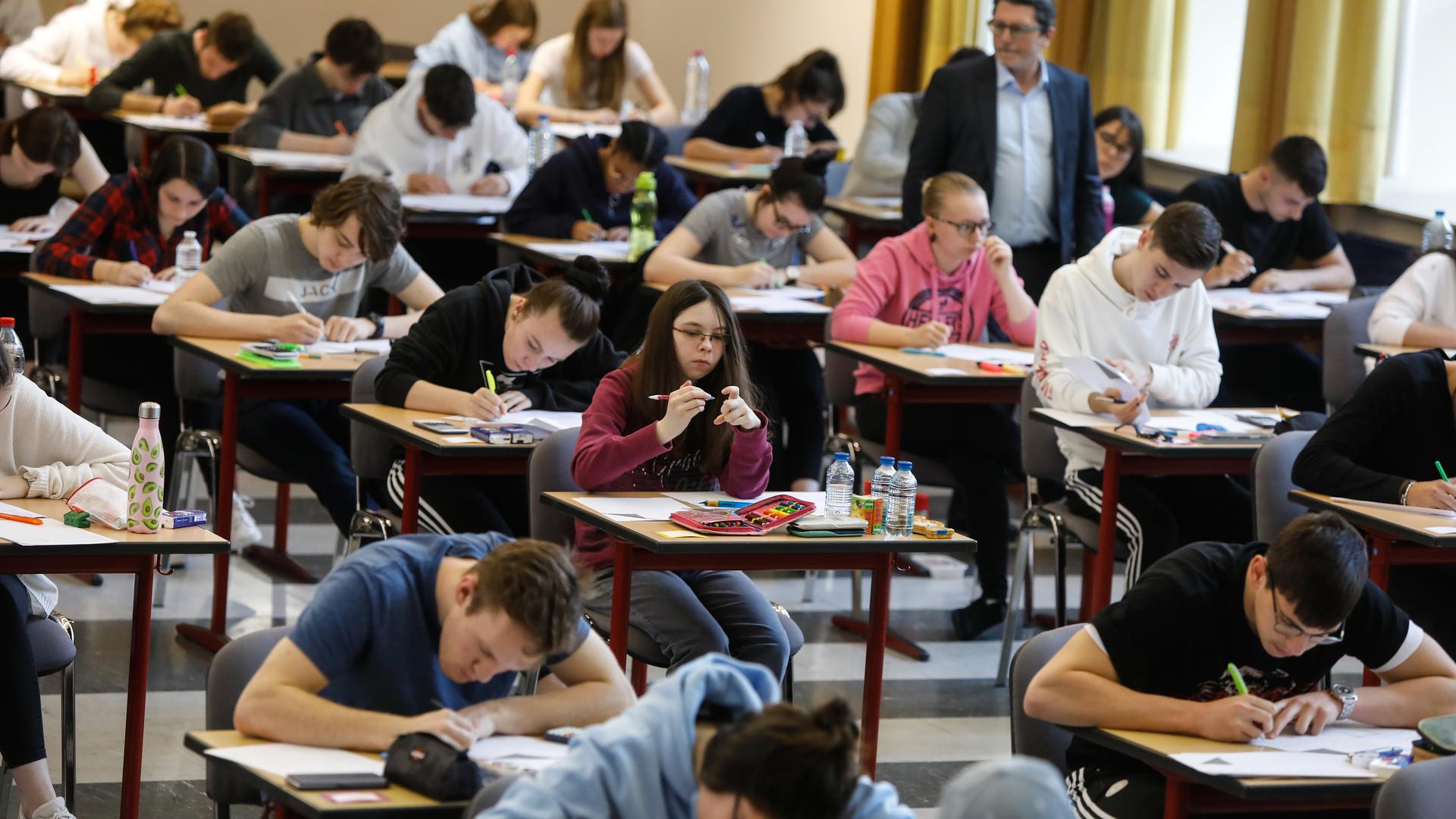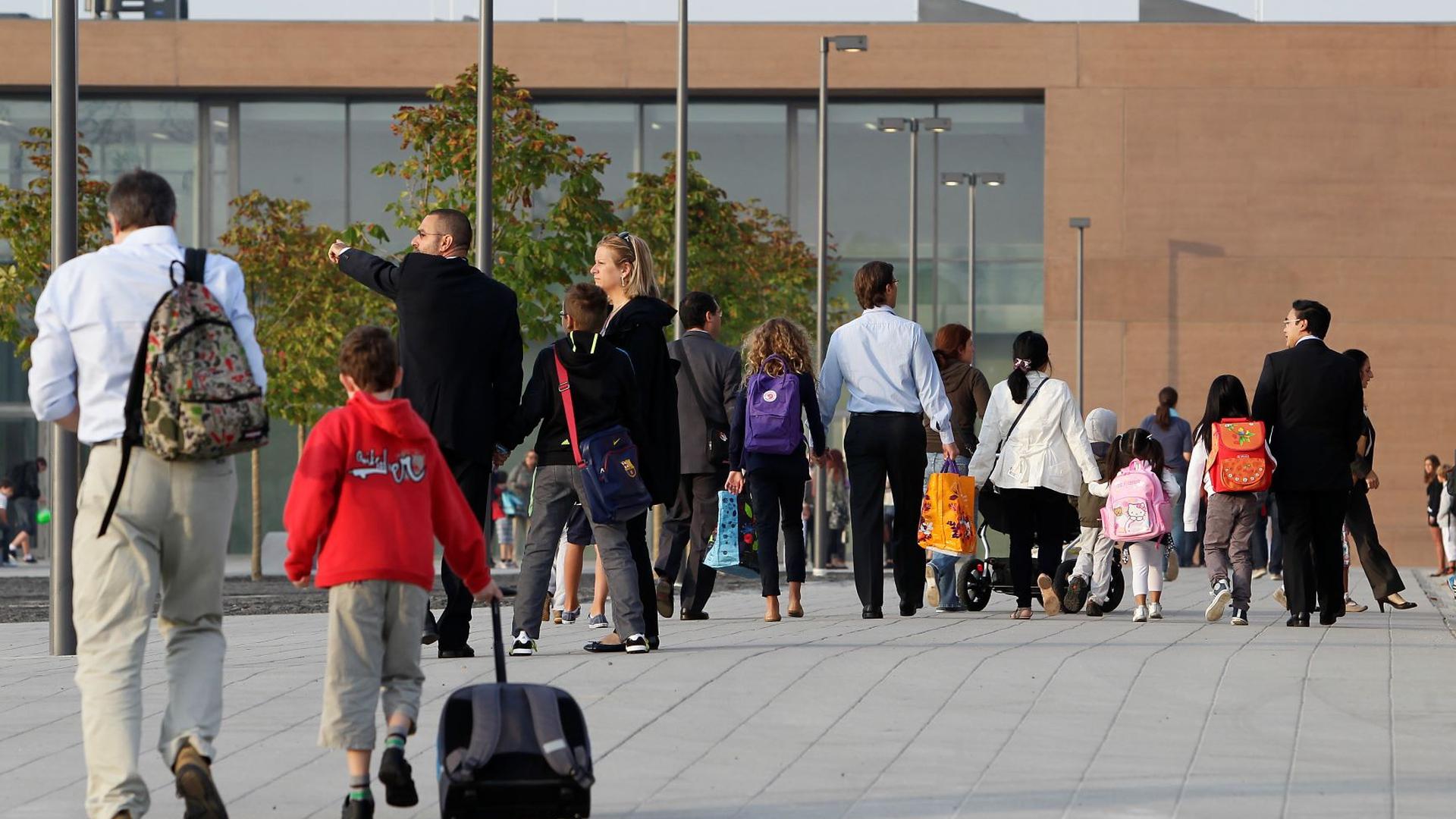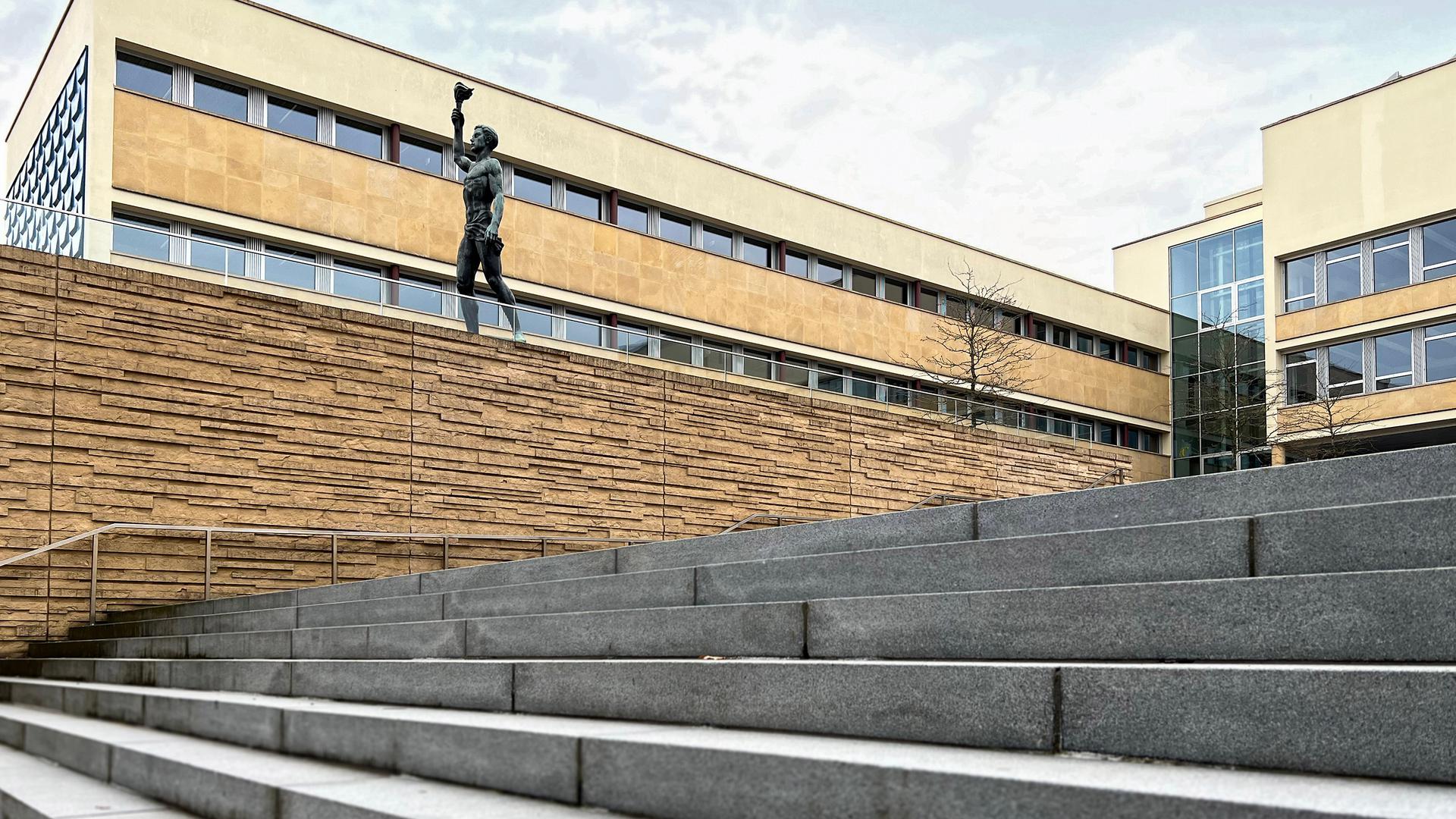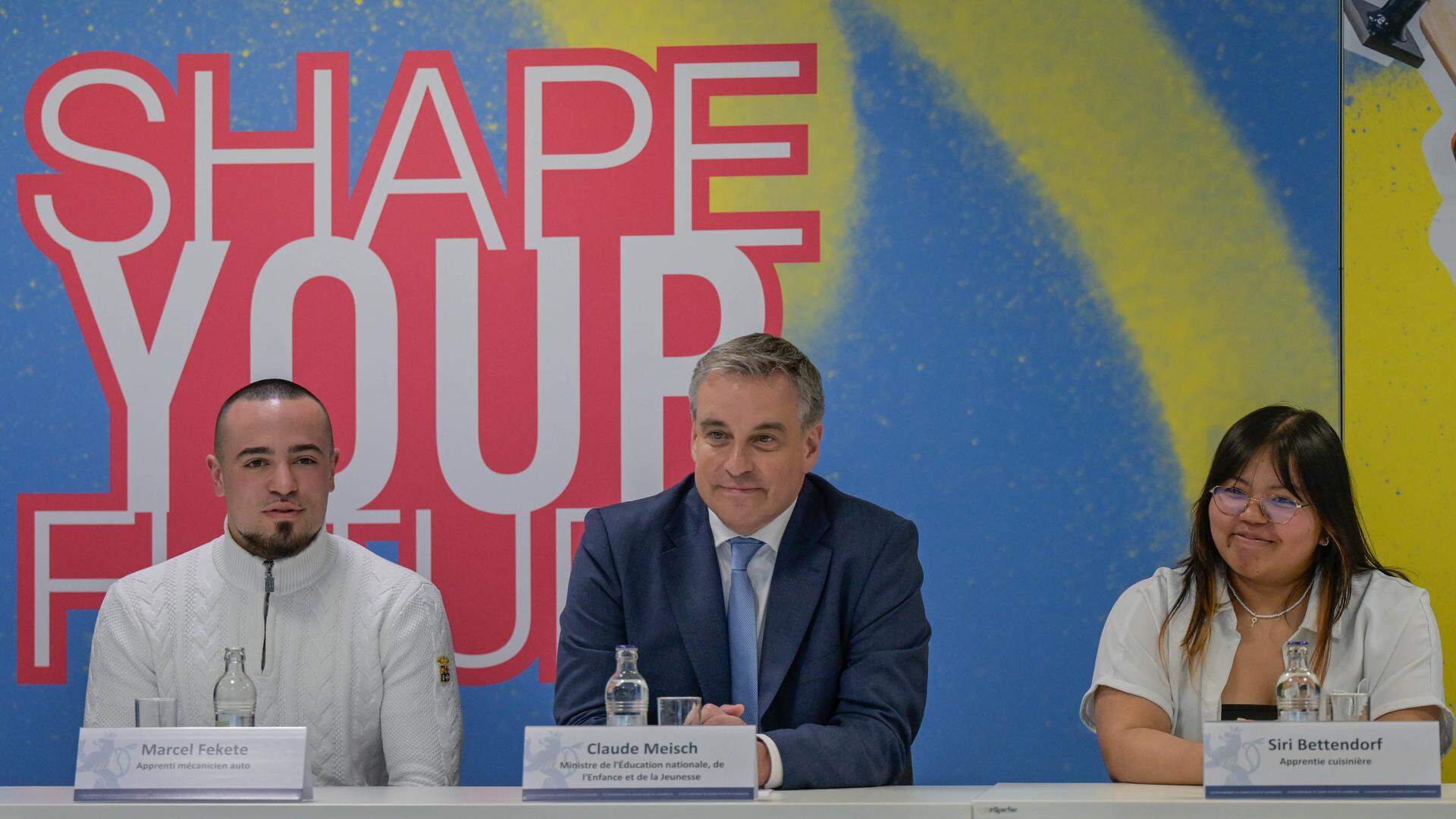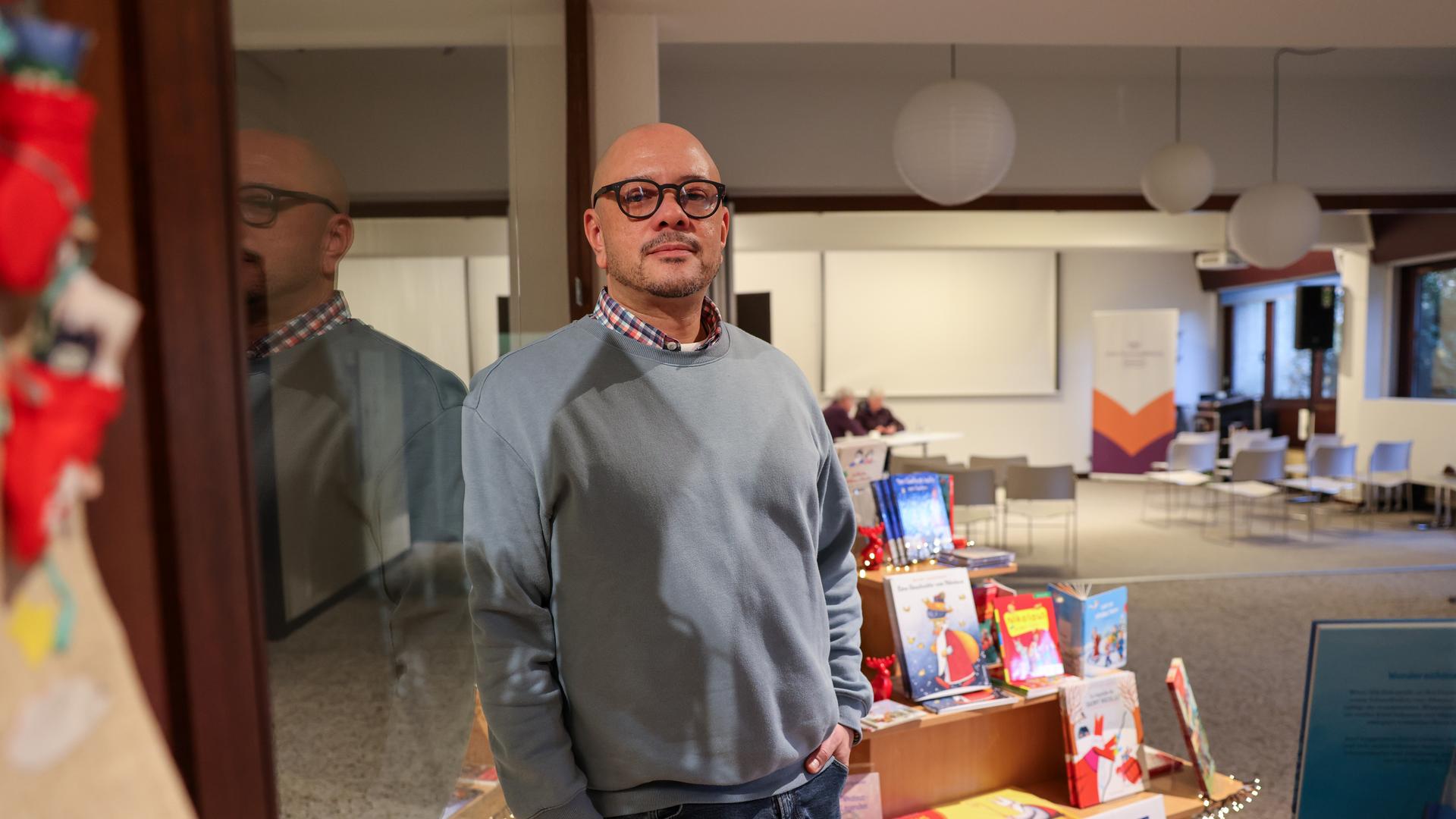Not all parents are born teachers, some families have two working parents, and time to spend on homework or studies is limited. Maybe your child is learning in a language in which you are not proficient, or studying for a crucial exam.
It’s more common than you might think for children to need a bit of extra help. If you feel your child or teen might benefit from additional support in preparation for mock tests, or just to catch up with subjects with which they struggle, our list should help you find the right tutor.
Before you make the call
Check if the school can provide your child with extra support? Always talk to your child’s teacher(s) first to get their view on what additional help might be needed. In addition, some secondary schools offer tutoring support from older students for free.
Learning issues could be underpinned by dyslexia, dyscalculia or attention deficit. In which case it might be better to check out any special needs’ requirements with the school or find a professional who can assess if your child has special education requirements.
Don’t forget to test hearing and eyesight, in case these might be adversely affecting your child’s ability to learn.
Anxiety or depression might be the root cause of learning issues or lack of motivation, in which case the support of a psychologist or psychiatrist would work better than enlisting a tutor.
Finding a tutor
A bit like finding a doctor, tutors need to have a rapport with your child and a teaching style that works for them. Most tutors are happy to answer questions on how they teach, the age ranges they support best, and the level of detail or attainment they can cover, so don’t be afraid to ask.
Some children prefer to learn in groups, others alone, and older children might need very specific bespoke support for baccalaureate or IGCSE exams. Think about the way your child learns and what exactly you want them to be able to do, to help you decide which tutor works best.
With learning languages for example, there are lots of ways to support your child. Language camps and groups, exposure simply through other activities such as sport where the child has to communicate in another language, or one-to-one tuition.
Frequency of tuition will depend on whether you’re expecting regular support with homework or coursework, or if tuition is just to encourage general learning and confidence. So, you might ask a tutor to visit your house on certain afternoons, or you might choose an after-school club or a group tuition course that takes place at the weekend.
Above all, knowing your child, how they learn, what is most likely to motivate them to learn, and how much extra tuition they can cope with, will be pivotal in setting any timetable.
Lists of tutors
Facebook groups and expat websites are a great place to look for a tutor or get a recommendation from someone. Good Facebook groups to ask for private tutor recommendations include Expats de Lux, Luxembourg Parents and Ladies of Luxembourg.
Below is a selection of companies that either offer tuition directly or act as an intermediary for private tutors. Subscription fees and hourly rates vary quite a bit, so check a few places to compare prices, level of tutoring and flexibility around your household schedule.
Cours at Home have been providing private tuition for children at primary and secondary level (and adults) for more than 10 years. In addition to covering languages, they can also tutor in maths, the sciences, law, accounting, philosophy and Latin. Teachers can come to you, or your child can sign up to online classes including Skype or Zoom sessions.
StudyFox can also provide tutors in a variety of subjects to support children in the Luxembourgish or international school systems, from primary years onwards. It covers a very broad range of subjects and for example, has more than 300 maths tutors on its books.
If you’ve got a diploma student who needs support, you could try University Tutor Luxembourg, which lists private tutors and their specialist skills. Apprentus allows you to search for a private teacher by location, student age, price and other filters. Superprof provides a search for local tutors who offer face-to-face or webcam tutoring.
European School Tutors offers private and group tutoring in maths, physics, chemistry, biology, English, French and history for P1 to S7 students in the European Baccalaureate system. They can also provide practise material such as B-tests, Pre-Bac and past papers for the Baccalaureate. You can contact them for a free consultation.
Nyki has private and semi-private tutor groups and aims to offer support to all children from all incomes with reasonable standard prices and discounts based on taxable home income. Etic can support your teen in science, human science and language subjects especially for the French or European Baccalaureate and the Final Examination in Luxembourgish schools.
Abacus provides primary and secondary help for children in the Luxembourgish school system. Great Aupair also has a tutor service listing private teachers.
Reussit' School provides one-to-one teacher support but advertises it can also provide tailored support for children with learning difficulties (website in French only). Intellogo provides information in English, French, Luxembourgish and German and can assist you to find a home tutor for a primary or secondary aged child in Luxembourg.
For maths, Kumon in Walferdange uses this Japanese methodology to tutor on Tuesday and Thursday afternoons, with individualised learning programmes. Originally developed for maths, they also run an English language programme.
You can also try Vedic maths Lux, or The Maths Mind (both teach from ages 5-18 years and can cover all curricula) and the parents’ association of the European School at Kirchberg also lists tutors covering maths, science, economics and languages.
For languages, consider a language school for children such as Languages.lu which has tutors, lessons and camps for children from pre-school to teens. Interlingua has a programme for kids and teens, and Berlitz has special programmes for kids and teens (private, online, group classes, and holiday camps). Prolingua can provide academic support for children aged 13 to 17 years.
The Department for the Schooling of Foreign Children (SECAM) also provides language support to children arriving in Luxembourg aged between 12 to 24 years.
